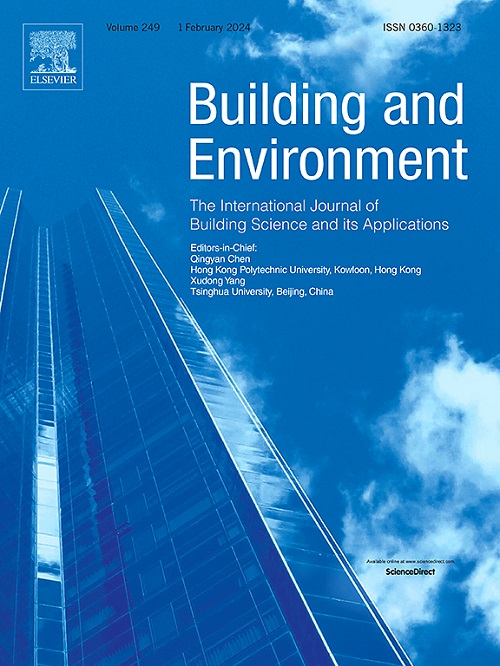关于分散式能源系统治理的十个问题
IF 7.6
1区 工程技术
Q1 CONSTRUCTION & BUILDING TECHNOLOGY
引用次数: 0
摘要
以低碳能源为基础的能源使用快速电气化正在建筑、交通和工业等领域进行,能源系统组件的并行数字化旨在促进平衡能源需求和供应这一日益复杂的挑战。能源系统的这种不断发展的跨部门性质需要重新考虑由于能源系统本体论日益分散的跨空间尺度的治理和监管。这种分散需要复杂的时空流动,既包括能源本身通过基础设施,也包括平衡能源供需的实时信息。我们讨论了关于分散能源系统治理的十个问题,以确定监管机构和运营商必须解决的困境,以便将分散作为迈向低碳能源系统的战略主流。至关重要的是,这意味着将能源灵活性理解为一个相关问题,一直到建筑和区块规模,并制定和部署跨部门协调的过渡指标,以实现分散系统中的可持续能源使用。洞察主要利用可以说是世界上数字化和低碳能源系统最高的国家,即挪威。许多国家正面临着类似的挑战,本综述可以帮助预防和解决这些挑战。本文章由计算机程序翻译,如有差异,请以英文原文为准。
Ten questions concerning decentralised energy systems governance
Rapid electrification of energy use based on low-carbon energy sources is underway in sectors such as buildings, transport, and industry, with parallel digitalisation of energy system components aimed to facilitate the increasingly complicated challenge of balancing energy demand and supply. This evolving cross-sectoral nature of energy systems requires renewed consideration of governance and regulation across spatial scales due to increased decentralisation in the ontology of energy systems. This decentralisation entails complex spatiotemporal flows, both of energy itself through infrastructure, and of real-time information to balance energy supply and demand. We address ten questions about the governance of decentralised energy systems, to identify the quandaries that regulators and operators must resolve for mainstreaming decentralisation as a strategy towards low-carbon energy systems. Crucially, this implies understanding energy flexibility as a relevant concern down to building and block scale, and developing and deploying transition metrics for cross-sectoral coordination to enable sustainable energy use in decentralised systems. Insights draw primarily on arguably the highest digitalised and low-carbon energy systems worldwide, namely Norway. Many countries are encountering similar challenges that this overview can help pre-empt and resolve.
求助全文
通过发布文献求助,成功后即可免费获取论文全文。
去求助
来源期刊

Building and Environment
工程技术-工程:环境
CiteScore
12.50
自引率
23.00%
发文量
1130
审稿时长
27 days
期刊介绍:
Building and Environment, an international journal, is dedicated to publishing original research papers, comprehensive review articles, editorials, and short communications in the fields of building science, urban physics, and human interaction with the indoor and outdoor built environment. The journal emphasizes innovative technologies and knowledge verified through measurement and analysis. It covers environmental performance across various spatial scales, from cities and communities to buildings and systems, fostering collaborative, multi-disciplinary research with broader significance.
 求助内容:
求助内容: 应助结果提醒方式:
应助结果提醒方式:


